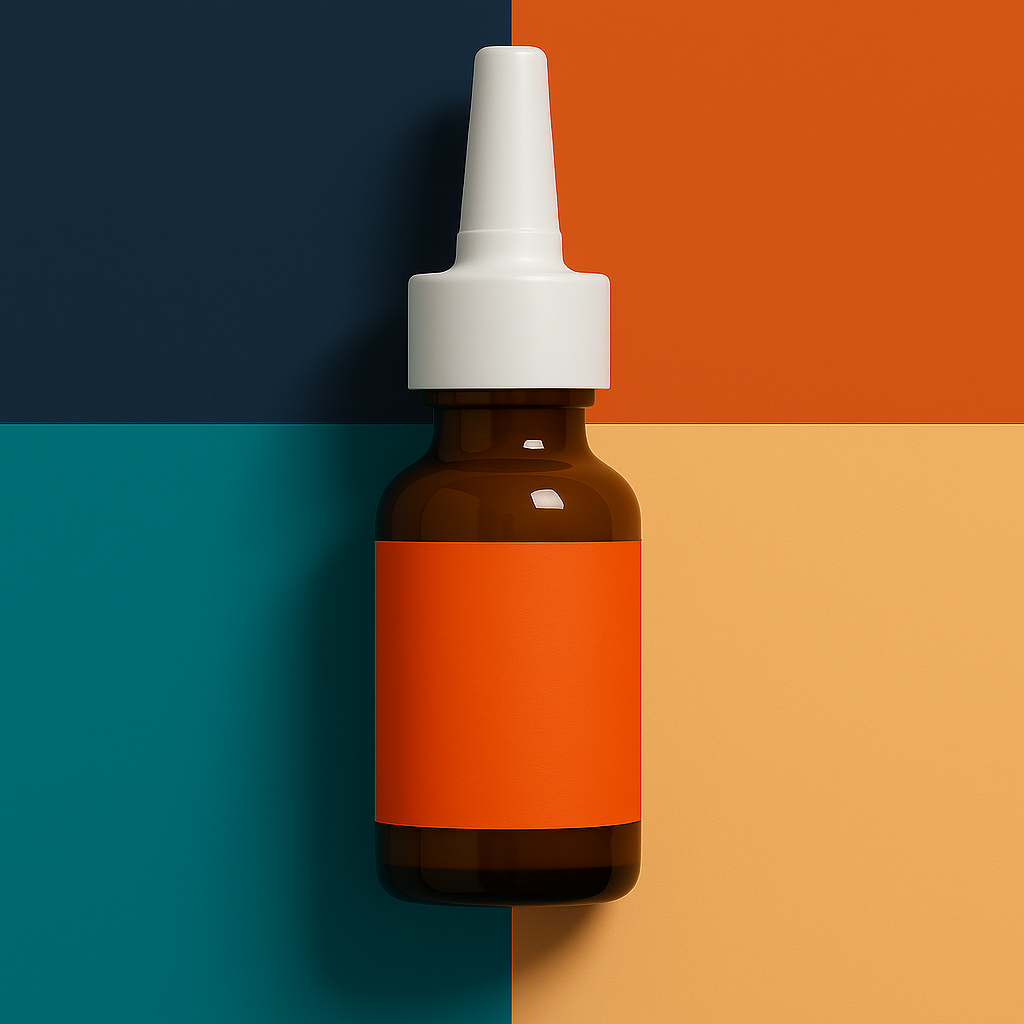


What is budesonide?
Budesonide (Entocort EC) is used to treat Crohn's disease (a condition in which the body attacks the lining of the digestive tract, causing pain, diarrhea, weight loss, and fever) in adults and children 8 years of age and older. Budesonide (Tarpeyo) is used to decrease protein in the urine in patients with primary immunoglobulin A nephropathy (kidney disease that occurs in some people when too much immunoglobin A builds up in the kidney, causing inflammation). Budesonide (Uceris) is used to treat ulcerative colitis (a condition which causes swelling and sores in the lining of the colon [large intestine] and rectum). Budesonide is in a class of medications called corticosteroids. It works by decreasing inflammation (swelling) in the digestive tract of people who have Crohn's disease or ulcerative colitis. or in the kidney of people with nephropathy.
How should this medicine be used?
Budesonide comes as a capsule (Enterocort EC, Tarpeyo) and tablet (Uceris)to take by mouth. Budesonide capsules (Enterocort EC, Tarpeyo) are usually taken once a day in the morning. Budesonide (Tarpeyo) should be taken at least one hour before a meal. B Budesonide tablet (Uceris) is taken once daily in the morning with or without food. Your doctor will tell you how long to take budesonide.Follow the directions on your prescription label carefully, and ask your doctor or pharmacist to explain any part you do not understand. Take budesonide exactly as directed. Do not take more or less of it or take it more often than prescribed by your doctor.
Swallow the capsules whole; do not split, chew, or crush them. If you are unable to swallow the budesonide (Entocort EC) capsules whole, the capsules may be opened and sprinkled on a tablespoonful of apple sauce, mixed well and swallowed whole with no chewing within 30 minutes of mixing. The applesauce mixture should be followed by a full glass of water.
Budesonide may help control your symptoms, but it will not cure your condition. Your doctor will watch you carefully to see how well budesonide works for you. If your symptoms are controlled, your doctor may decrease your dose of budesonide capsules. It is important to tell your doctor how you are feeling during your treatment.
Ask your pharmacist or doctor for a copy of the manufacturer's information for the patient.
What special precautions should I follow?
Before taking budesonide,
What side effects can this medication cause?
Budesonide may cause side effects. Tell your doctor if any of these symptoms are severe or do not go away:
Some side effects can be serious. If you experience any of these symptoms, call your doctor immediately:
Budesonide may cause other side effects. Call your doctor if you have any unusual problems while taking this medication or if your symptoms get worse.
If you experience a serious side effect, you or your doctor may send a report to the Food and Drug Administration's (FDA) MedWatch Adverse Event Reporting program online (https://www.fda.gov/Safety/MedWatch) or by phone (1-800-332-1088).
In case of emergency/overdose
In case of overdose, call the poison control helpline at 1-800-222-1222. Information is also available online at https://www.poisonhelp.org/help. If the victim has collapsed, had a seizure, has trouble breathing, or can't be awakened, immediately call emergency services at 911.
🔗 Reference: https://medlineplus.gov/druginfo/meds/a608007.html